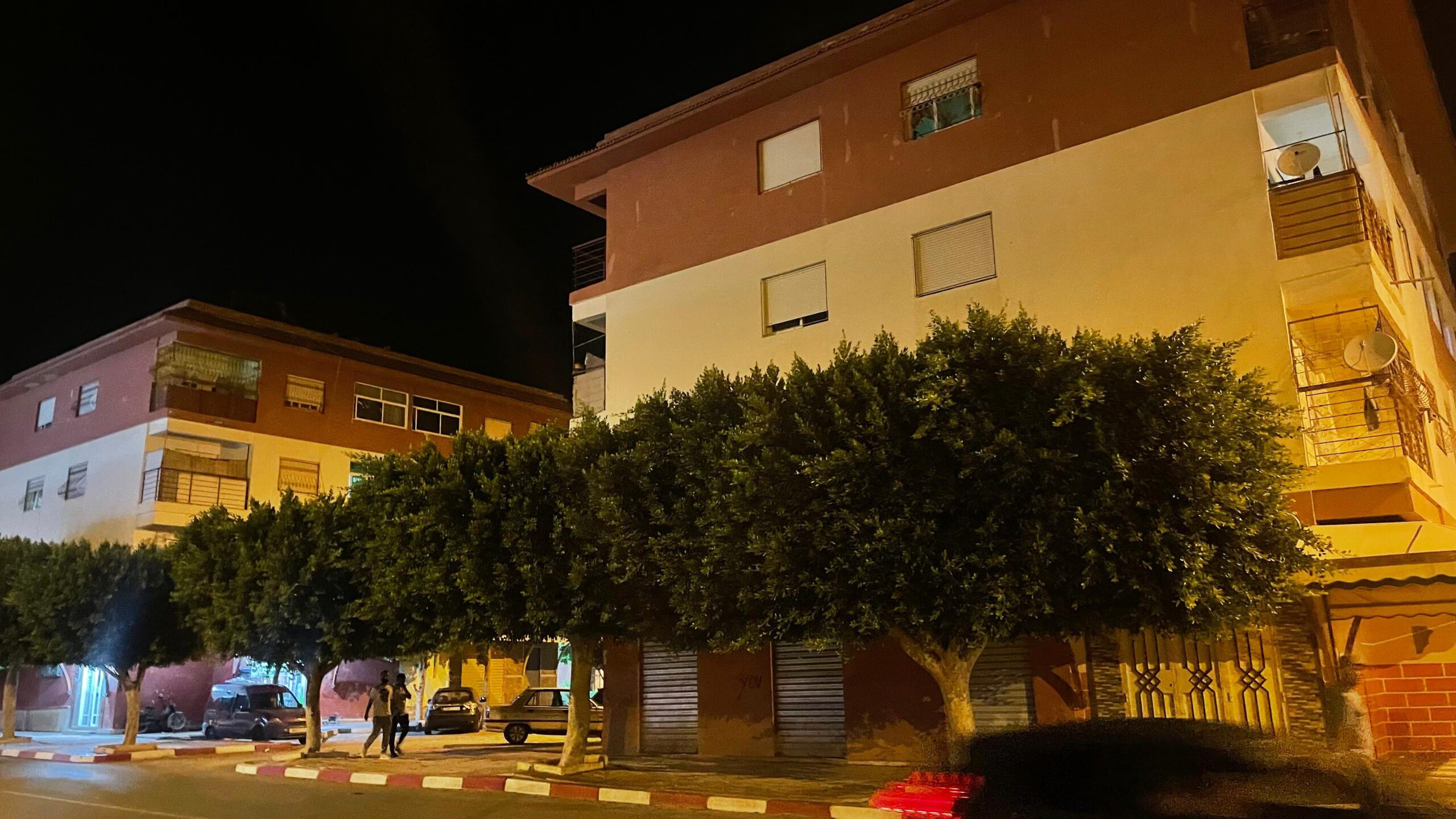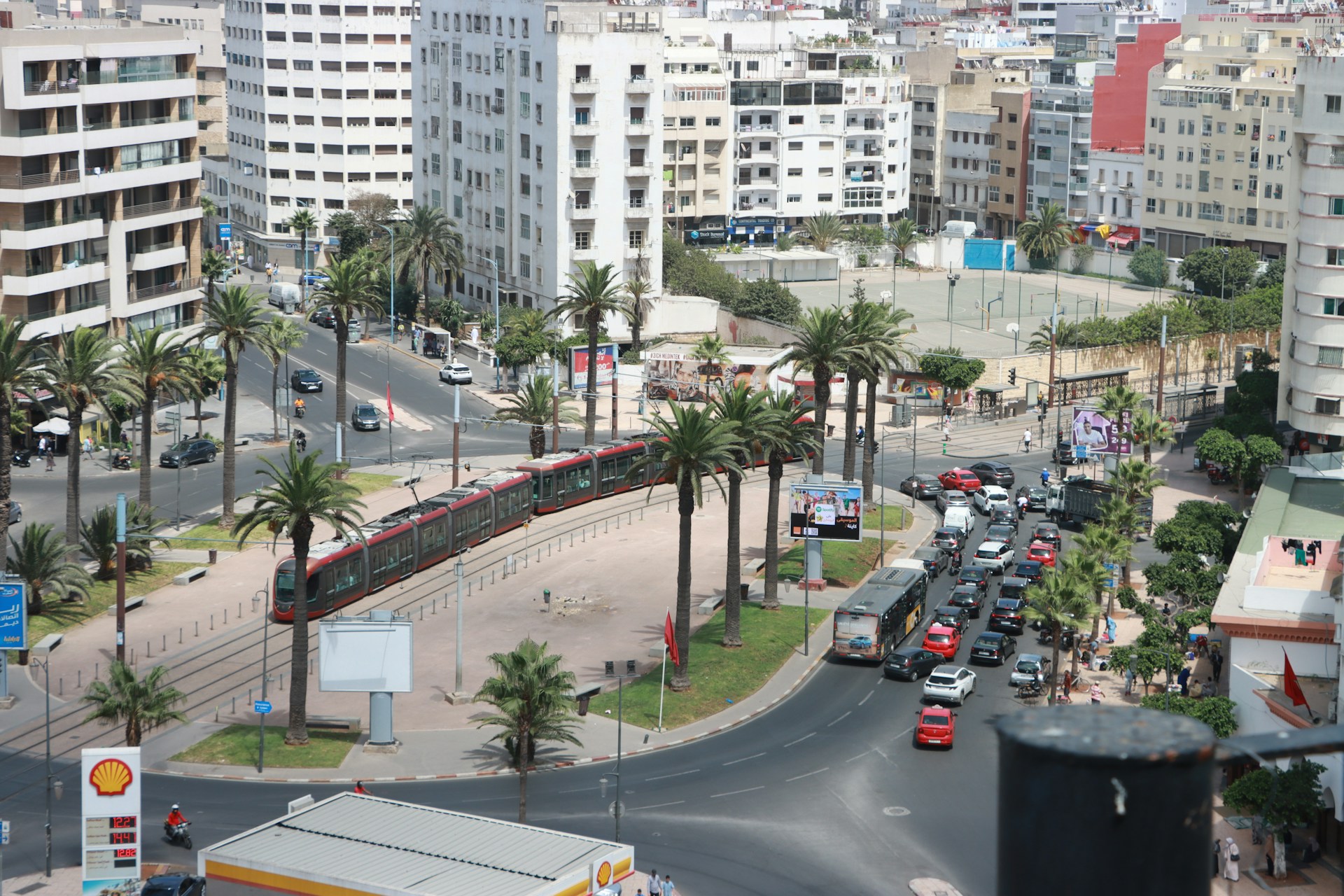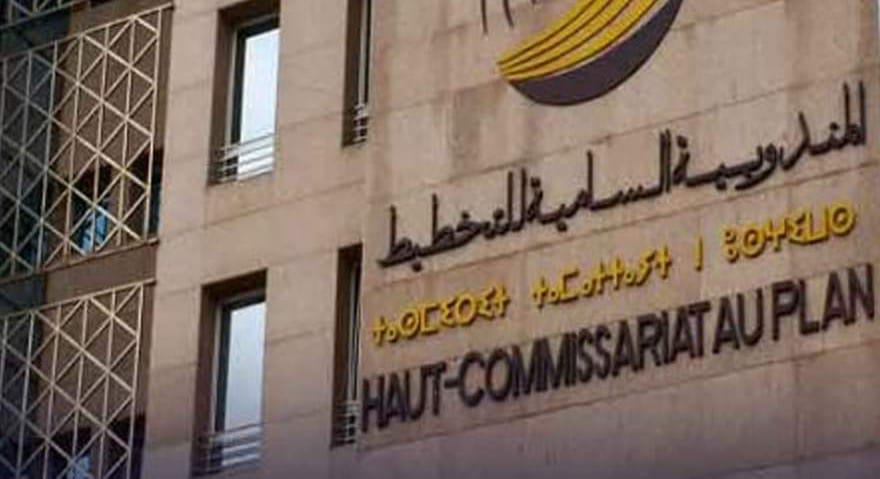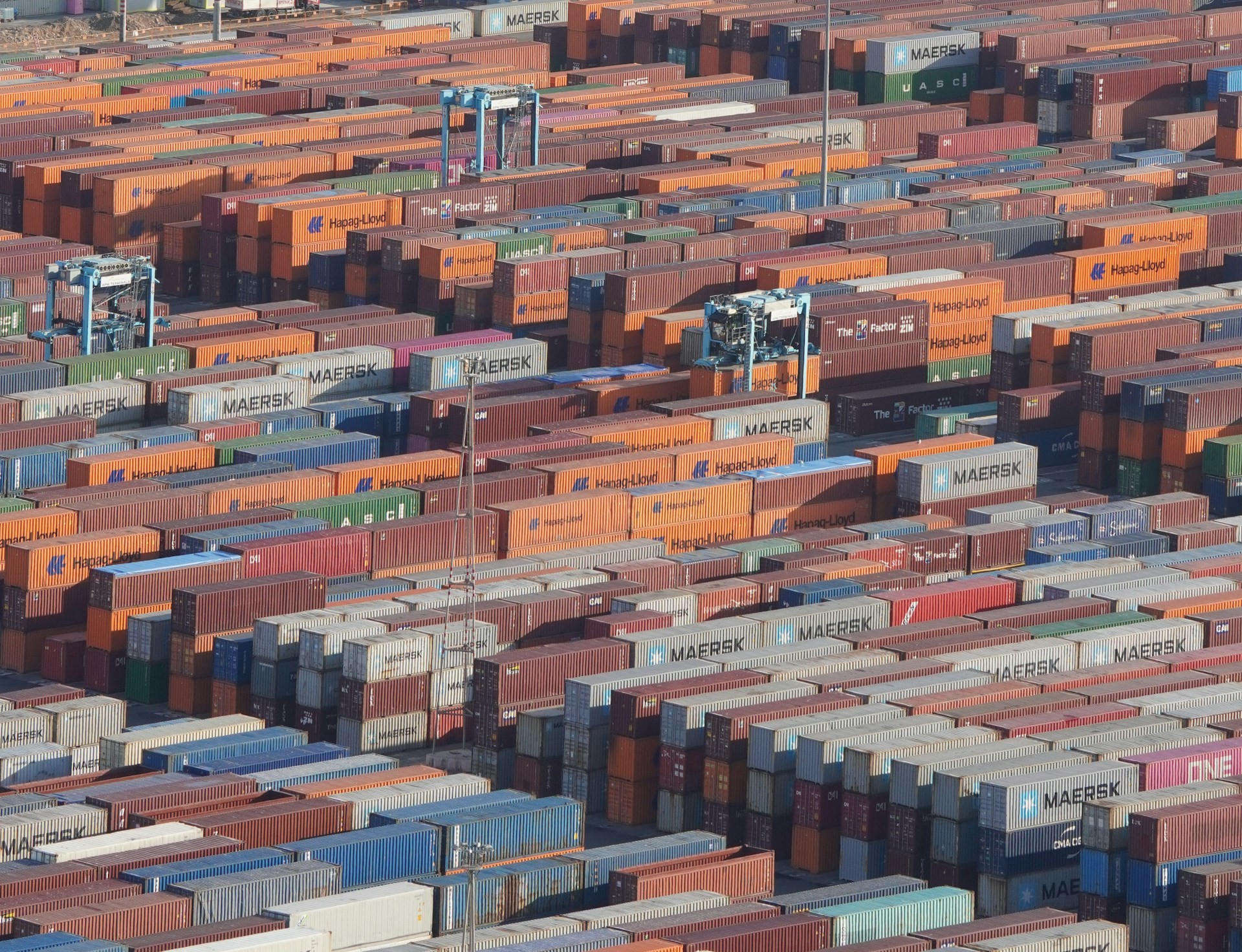Casablanca – In 2023, Morocco’s real estate market remained stagnant, with both prices and transactions showing limited growth. According to data from Bank Al-Maghrib (BAM), the real estate price index fell by 0.3% by the second quarter, reflecting ongoing challenges in the sector. While the market has faced a decline in demand, the government is working to address consumer concerns through regulatory changes.
Market slowdown and declining demand
Morocco’s real estate market has been in decline for several years, exacerbated by economic challenges and inflationary pressures. By mid-2023, residential property prices had dropped by 0.5%, and business premises saw a 0.4% decrease. Although land prices rose by 0.3%, this was insufficient to offset the broader market slowdown.
Demand for real estate has also weakened, with the number of transactions decreasing by 12%. Residential property transactions dropped by 10.3%, and land deals fell sharply by 15.7%. Despite early signs of recovery in business premises, which saw a 3.7% rise in the first quarter, transactions plummeted by 17% in the second quarter.
The real estate sector’s struggles have been a focal point for BAM. Since raising interest rates in September 2022 to combat inflation, the central bank has implemented its tightest monetary policy since assuming control of the country’s macroeconomic policies in 2006. This tightening has further strained the already fragile real estate market, which has been declining since 2017.
New consumer protections: Real estate warranty extension
As Morocco’s real estate market grapples with declining demand, the government has introduced reforms aimed at bolstering consumer protection. A recent amendment to the country’s Code of Obligations and Contracts, published in the Official Gazette, extended the warranty period for real estate from one year to two years after delivery.
This move was driven by increasing concerns over property defects, which have resulted in numerous lawsuits. The amendment, approved by the House of Representatives in 2023, gives buyers additional time to address issues with their properties. While the total warranty period remains limited to five years from the date of sale, the extension is expected to build greater trust between buyers and sellers, promoting fairness in real estate transactions.
Aiming for fairness in real estate deals
The primary goal of the warranty extension is to provide consumers sufficient time to ensure that their properties are free of defects. Previously, the one-year warranty period was deemed insufficient as the number of property defect cases increased. This change is part of a broader effort to improve the real estate market’s transparency and fairness, especially in joint ownership schemes that have become more popular.
By strengthening consumer rights, the Moroccan government hopes to improve the quality of real estate transactions and restore confidence in the sector. Though the market continues to face difficulties, these reforms are expected to contribute to a more balanced and transparent real estate environment over time.
Outlook for Morocco’s real estate market
Despite efforts to strengthen consumer protection, Morocco’s real estate market remains sluggish. Cities like Casablanca and Marrakech, which have historically been key real estate hubs, saw modest or negative growth in 2022. In Casablanca, property prices rose by just 0.2%, but inflation-adjusted growth stood at -7.2%. Similarly, Marrakech saw no price increases, with real prices dropping by 7.4%.
Looking ahead, the combination of regulatory reforms and ongoing economic challenges will shape Morocco’s real estate landscape. While the market is likely to remain subdued in the short term, efforts to protect consumers and address underlying issues may provide the foundation for more sustainable growth in the future.
















